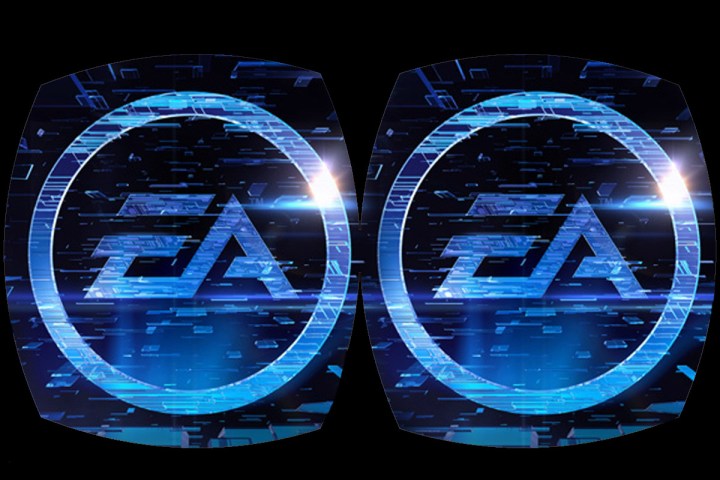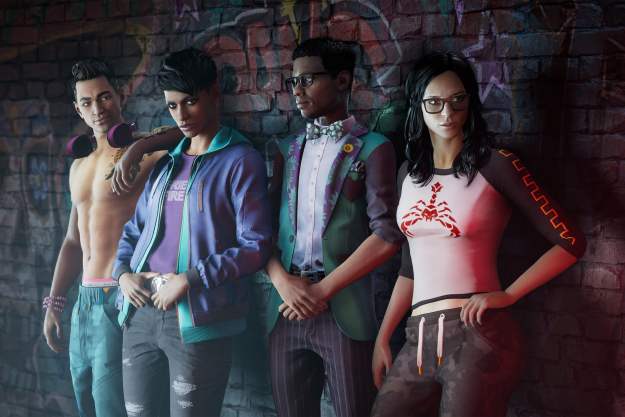
For EA, it’s all about market size. If the uptake of VR is slow or minimal, competing in that space may be difficult, and it may be harder still to turn a profit.
“There’s some challenges still and I think the biggest challenge is just the size of the market,” EA’s CFO, Blake Jorgensen said in a chat with GamesIndustry.biz. “We don’t make games anymore for the Wii or the Wii U because the market is not big enough. The PS Vita — the Sony product — we don’t make games for that anymore because the market is too small, so it’s all about the size of the market.”
Related: VR will replace smartphones someday, predicts Oculus founder Palmer Luckey
Indeed as ground-breaking and exciting as virtual reality is, the current marketplace for those using VR hardware is in the low hundreds of thousands, and even that’s only if you factor in both Oculus Rift headsets and the Gear VR. While the commercial launch of virtual reality hardware next year will boost that to likely over a million units, no one knows if that will occur one month after launch, or a year after.
There will be quite a few hurdles and stumbling blocks to overcome in the early days of virtual reality, too. It’s a technology that has to be tried to be believed, and that limits its exposure. There is also the ever-improving, but still present issue of nausea, with some users experiencing stomach-sickness in poorly crafted games and experiences. That too many slow the adoption rate.
VR is also a restrictive technology locally, in that you can’t see anyone around you when using it. That’s fine when you are by yourself, but it removes much of the local-social elements that are possible with traditional console gaming.
Despite all of this, developers like Epic Games, Crytek, Ubisoft, and a number of other big names, not to mention a multitude of smaller ones, are all working on games and experiences that launch with or soon after commercial VR hardware. So they have been happy to take the jump.
Do you think EA’s hesitation will cause it be left behind in the early stages of the VR race?
Editors' Recommendations
- The best VR games
- The next Batman: Arkham game is a Meta Quest 3 exclusive
- Summer Game Fest will hold its fifth annual showcase this June
- EA lays off 5% of its developers as it moves away from licensed games
- One year later, my PlayStation VR2 is collecting dust



